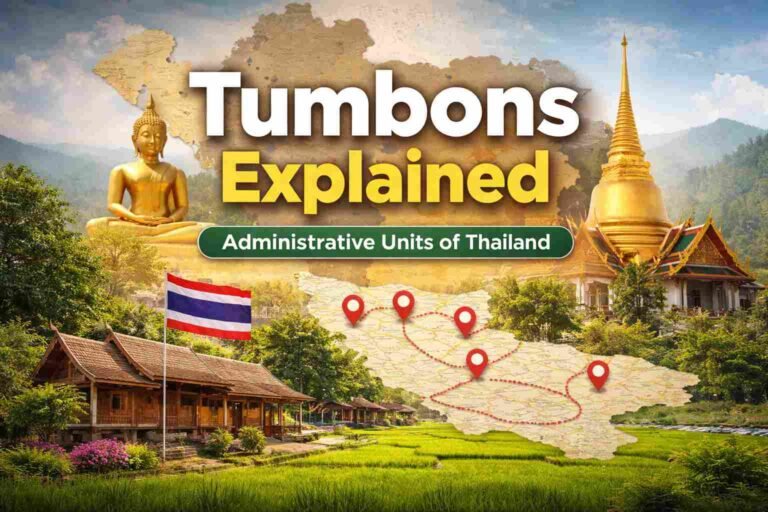Hürrilet: History, Significance, and Modern Relevance
Hürrilet is a cultural and historical concept with strong ties to Turkish identity. The word carries associations with freedom, independence, and social transformation. While its usage has evolved over decades, hürrilet continues to appear in scholarly works, media discussions, and public debates concerning liberty and civic rights.
Understanding hürrilet requires a multi-dimensional analysis that covers its etymology, historical development, cultural representations, and contemporary interpretations. This article provides a complete reference guide, built on factual insights and authoritative research, to establish the broadest and most reliable account of hürrilet.
Origins and Etymology of Hürrilet
Linguistic Roots
-
Hürrilet originates from the Turkish root “hür,” meaning free or independent.
-
It connects with Arabic linguistic influences, especially the term “hurriya,” meaning liberty.
-
The suffix “-let” strengthens the noun into an abstract concept that embodies collective freedom.
Early Use in Literature
-
Ottoman-era documents referenced “hürriyet” as a principle during legal and political reforms.
-
Hürrilet emerged as a variant used in public writing and oral discourse.
-
Writers in Istanbul during the late 19th century frequently employed the term in journals, essays, and political pamphlets.
Historical Context of Hürrilet
Hürrilet in the Late Ottoman Period
-
Reformist intellectuals invoked hürrilet when advocating for constitutional monarchy.
-
Debates in the 1876 First Constitutional Era emphasized “hürrilet” as a citizen’s right.
-
Political figures linked it with modernization, education, and press freedom.
Hürrilet in the Republican Era
-
The founding of the Turkish Republic in 1923 reframed hürrilet as a state principle.
-
Education campaigns, women’s rights reforms, and civic laws highlighted the term.
-
Political parties across the spectrum referenced hürrilet to justify democratic progress.
Hürrilet in Turkish Society
Hürrilet and Civic Rights
Ensure recognition of human rights. Hürrilet signified the people’s claim to equal citizenship. Activists used it in petitions for suffrage, workers’ rights, and access to education.
Hürrilet and Literature
Clear literary integration. Prominent writers like Namık Kemal used variations of hürrilet in poems and plays. The term symbolized resistance against censorship.
Hürrilet in Daily Life
Absorb social practices. Citizens adopted hürrilet in slogans, graffiti, and public campaigns. It became synonymous with hope during periods of political unrest.
Hürrilet in Contemporary Discourse
Political Relevance
Hürrilet remains part of parliamentary debates and media commentary. Politicians across different ideologies utilize it to frame speeches on justice, independence, and democracy.
Media Representation
Modern newspapers and online outlets frequently use hürrilet as a headline keyword. It resonates strongly with audiences seeking transparency and fairness in governance.
Academic Research
Universities include hürrilet in studies on sociology, political science, and linguistics. Researchers analyze its role in shaping civic culture.
Comparative Analysis of Hürrilet and Related Concepts
To provide clarity, the following table compares hürrilet with related terms.
| Term | Origin | Core Meaning | Usage in Context |
|---|---|---|---|
| Hürrilet | Turkish-Arabic | Freedom/Liberty | Political discourse, media, literature |
| Hürriyet | Turkish | Constitutional right | Newspaper name, historical reforms |
| Hurriya | Arabic | Liberty | Pan-Arab nationalist movements |
| Özgürlük | Turkish | Independence | Modern democratic and social campaigns |
The Symbolism of Hürrilet in Arts and Culture
Visual Arts
Painters during the late Ottoman period used symbolic imagery tied to hürrilet. Birds, open skies, and unchained hands became artistic motifs.
Music and Theatre
Folk songs incorporated hürrilet into lyrics that celebrated resilience. Theatre groups staged plays dramatizing struggles for justice.
Modern Cinema
Contemporary Turkish films use hürrilet in scripts addressing political reform, migration, and social activism.
Hürrilet in Global Context
Universal Value
Hürrilet shares universal connections with concepts like liberty in Europe, independence in Asia, and freedom in the Americas.
Cross-Cultural Adaptation
Comparative studies highlight parallels between hürrilet and French “liberté” or American “freedom.” Each term encapsulates a nation’s unique historical struggles.
The Future of Hürrilet
-
Hürrilet is expected to remain a central theme in academic research.
-
It will continue influencing civic education in Turkey.
-
Its digital presence is expanding in blogs, social media, and cultural forums.
Practical Uses of Hürrilet in Modern Turkey
-
Journalism – Headlines employ hürrilet to attract readers.
-
Politics – Parties use the word during campaign rallies.
-
Education – Teachers explain the concept in civic lessons.
-
Protests – Activists chant it during demonstrations.
-
Digital Media – Social networks employ hashtags with hürrilet.
FAQs on Hürrilet
Q1. What does hürrilet mean in Turkish culture?
Hürrilet means freedom, independence, and the right to self-determination. It carries political, cultural, and social weight in Turkey.
Q2. How is hürrilet different from özgürlük?
Özgürlük is a general term for independence in daily language, while hürrilet has stronger historical and political associations.
Q3. When was hürrilet first used in Turkish history?
Hürrilet first appeared in Ottoman writings during the late 19th century as a concept tied to constitutional reforms.
Q4. Why is hürrilet important in literature?
Writers and poets employed hürrilet as a symbol of resistance against censorship and oppression.
Q5. How is hürrilet used in modern Turkey?
Hürrilet appears in media coverage, academic research, political speeches, and civil rights campaigns.
Q6. Is hürrilet unique to Turkey?
While rooted in Turkish, hürrilet aligns with global values of freedom and resonates with universal struggles for justice.
Q7. Does hürrilet appear in global political discourse?
Yes, scholars compare hürrilet with liberty, freedom, and hurriya in international contexts.
Learn More:
Pabington: Complete Guide to History, Culture, and Modern Relevance
Conclusion
Hürrilet is more than a word. It is a historic, cultural, and political emblem of liberty in Turkey. From its Ottoman-era origins to its modern-day usage in politics, media, and academia, hürrilet has continuously shaped national identity. Its unique presence in literature, arts, and civic life ensures that it remains one of the most significant terms in Turkish discourse.






